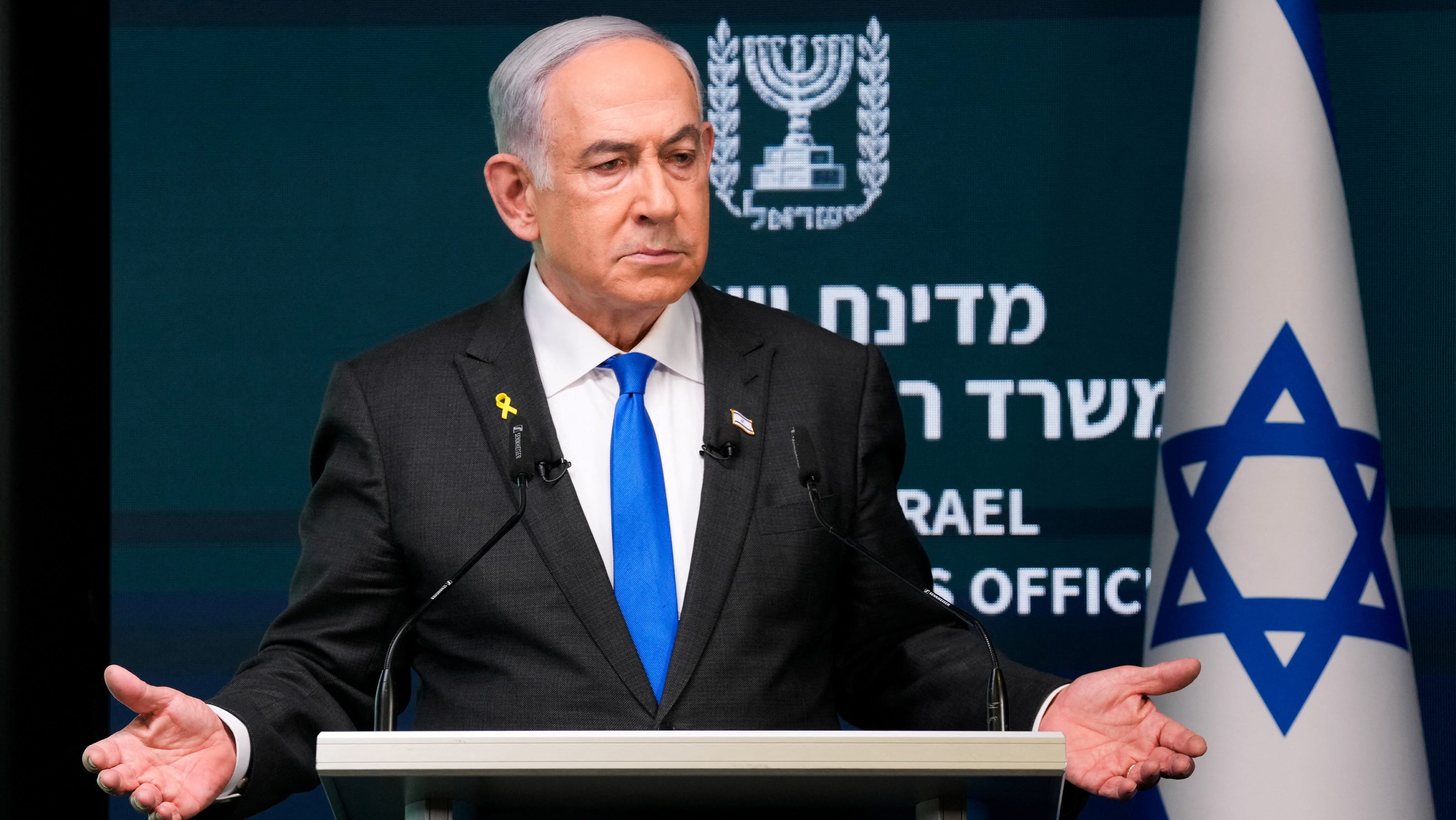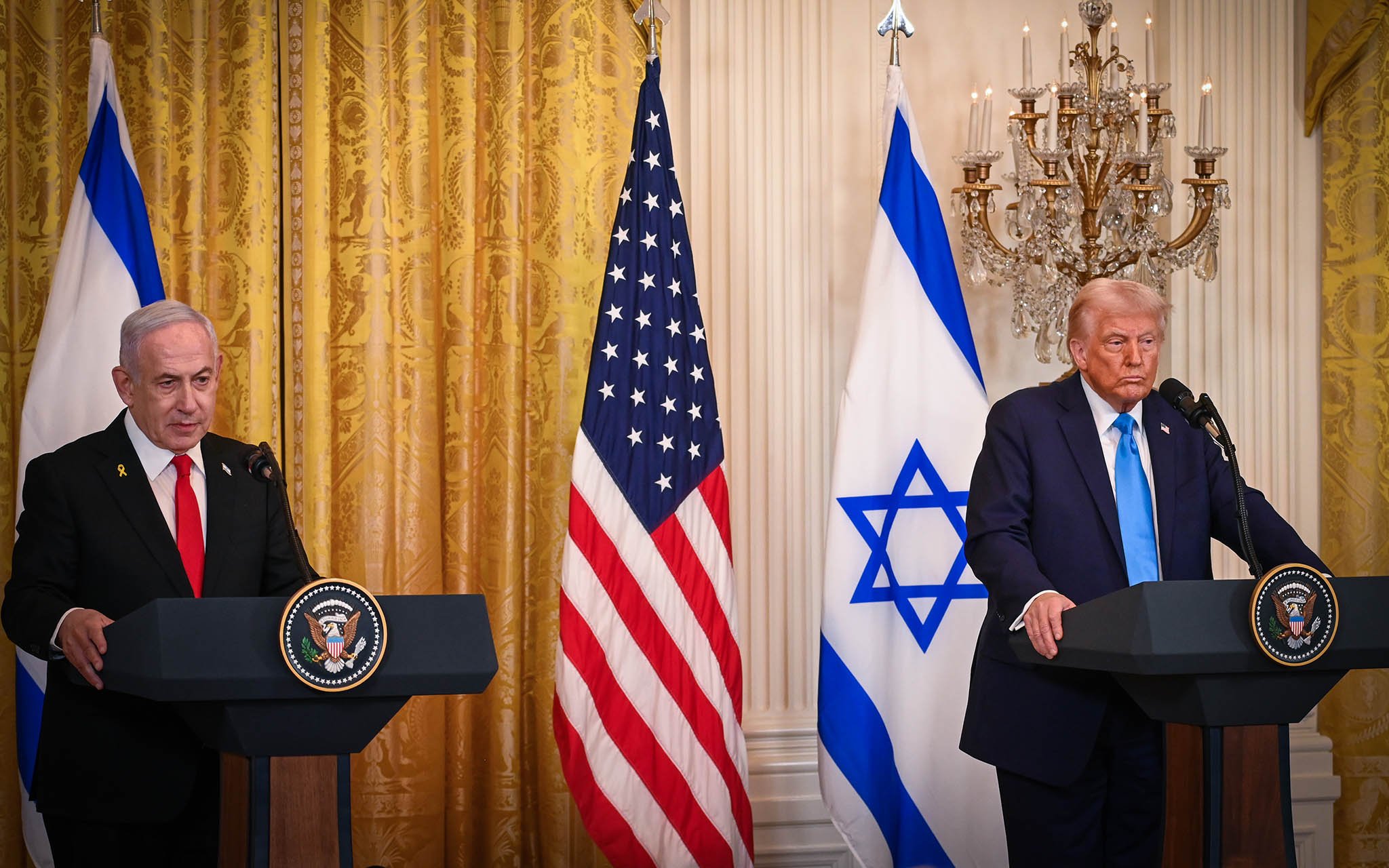Netanyahu Announces Civilian Governance Partners in Gaza, Signaling Potential for Stability
In a significant political development, Israeli Prime Minister Benjamin Netanyahu declared on Thursday that his government has identified partners for civilian governance in Gaza, suggesting a potential shift toward stability in a region long plagued by conflict. This announcement comes amid ongoing tensions in the area and is viewed as a critical step in addressing the humanitarian and security challenges that have persisted for decades.
Background & Context
The Gaza Strip has been the focal point of Israeli-Palestinian tensions for many years, with cycles of violence that often escalate into full-blown conflicts. The region has seen multiple governmental structures attempt to establish control, but instability has remained a hallmark of life for its residents. Netanyahu"s assertion of having partners for civilian governance raises questions about the future of governance in Gaza and Israel"s long-term strategy in the region.
Historically, various factions, including Hamas, have held power in Gaza. The Israeli government has often been skeptical of any group that does not recognize its right to exist, complicating potential partnerships. Netanyahu’s recent comments suggest an evolution in Israel"s approach, possibly indicating a willingness to engage with new governance structures that could provide a semblance of order.
Key Developments
During a press briefing, Netanyahu emphasized the importance of establishing a civilian governance framework in Gaza, stating, “We have partners for civilian governance in Gaza.” This statement not only reflects a strategic pivot but also aligns with the broader context of Israel"s security policies, which have traditionally focused on military solutions. The Prime Minister"s remarks come on the heels of a series of discussions within the Israeli government regarding the need for a sustainable resolution to the ongoing conflict.
Moreover, Netanyahu"s announcement appears to be part of a larger strategy, as previously reported, to demilitarize Gaza and establish security zones to prevent future escalations. The Israeli government has faced mounting pressure to address humanitarian concerns while simultaneously ensuring its security. The dual nature of these goals illustrates the complexity of the situation on the ground.
\n\n
Image for Netanyahu Announces Civilian Governance Partners in Gaza, Signaling Potential for Stability
Broader Impact
Experts suggest that Netanyahu"s announcement may have significant implications for both Israeli and Palestinian communities. By recognizing partners for governance, Israel could be laying the groundwork for a more stable environment in Gaza, potentially reducing violence and improving living conditions for its residents. However, questions remain regarding the legitimacy and acceptance of these partners within Gaza and the broader Palestinian territories.
International observers are closely monitoring this development, as it could shift the dynamics of peace negotiations in the region. The involvement of external stakeholders, such as Egypt and Qatar, may also play a crucial role in facilitating dialogue between Israeli officials and new governance entities in Gaza. As previously reported, similar situations have historically required international mediation to achieve lasting peace.
What"s Next
Looking ahead, the Israeli government is expected to engage in further discussions regarding the practical implementation of civilian governance in Gaza. This may involve negotiations with various factions within the territory, as well as consultations with international allies to ensure a coordinated approach. The potential for establishing security zones and demilitarizing Gaza will likely remain a focal point in these discussions.
Furthermore, the humanitarian situation in Gaza continues to be dire, with many residents facing shortages of essential resources. As Netanyahu"s government moves forward, the international community will be watching closely to see how these developments unfold and whether they lead to tangible improvements in the lives of Gazans. The outcome of these negotiations could set a precedent for future Israeli-Palestinian relations, making this moment critical in the ongoing quest for peace.

Image for Netanyahu Announces Civilian Governance Partners in Gaza, Signaling Potential for Stability



![[Video] Gunfire between Iraqi security forces and Sadr militias in Baghdad](/_next/image?url=%2Fapi%2Fimage%2Fthumbnails%2Fthumbnail-1768343508874-4redb-thumbnail.jpg&w=3840&q=75)
